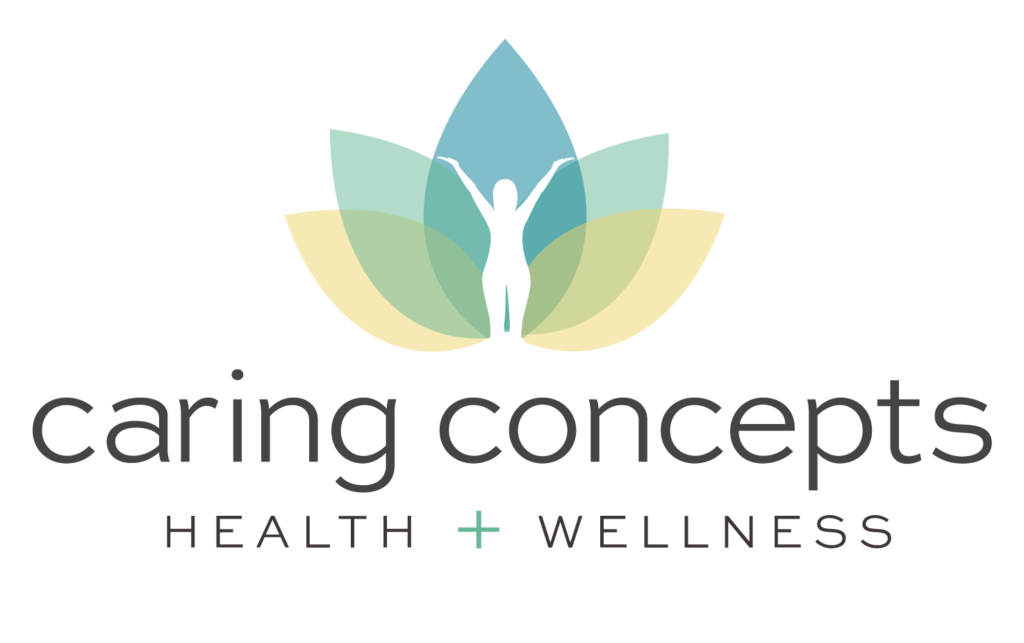Am I In Menopause?
This is one question I get asked almost weekly from patients and friends alike. While it’s not quite black and white, there are some ways to gauge where you are in this process. First, it’s important to understand exactly what menopause is so let’s have a little anatomy and physiology lesson. Menstrual cycles are the result of coordinated hormonal communication between your pituitary glands and your ovaries. They work in a cyclical, predictable manner to signal to your ovaries to mature and grow an egg in a “follicle” every month in anticipation of fertilization. These follicles actually produce estrogen and are a very important part of the signaling that occurs each month to either support a pregnancy OR initiate a menstrual cycle. This occurs every month from the onset of a woman’s menstrua cycle until….menopause.
As a woman ages, the number of ovarian follicles capable of producing estrogen decrease and irregularities of the menstrual cycle occurs. During the menopause transition, hormonal levels have increasing variability with resulting inconsistent ovulation. This explains some of the first changes that a woman may report during the menopause transition; changes in the menstrual flow and frequency of menses. These menstrual changes can be distressing and concerning for some women but rest assured that these changes are considered normal. Women may experience shorter, less frequent cycles but they can very well be a mix of heavy, longer bleeding episodes that are closer together due to an-ovulation (not ovulating).
Abnormal bleeding patterns in perimenopausal women include:
- Heavy menstrual bleeding, especially with clots, and average blood loss > 80mL per cycle
- Menses lasting longer than 7 days or 2 days greater than usual
- Less than 21 days between the onset of menses
- Inter-menstrual bleeding (spotting or bleeding)
- Bleeding after sexual intercourse
The classic symptoms of menopause that most are familiar with such as hot flashes are more common in the late-menopause stages. While this transition can be distressing for many women, rest assured that Caring Concepts has you covered! Let us help you navigate this transition in life and offer options to improve your quality of life!


